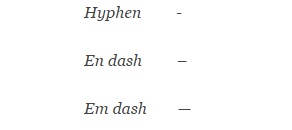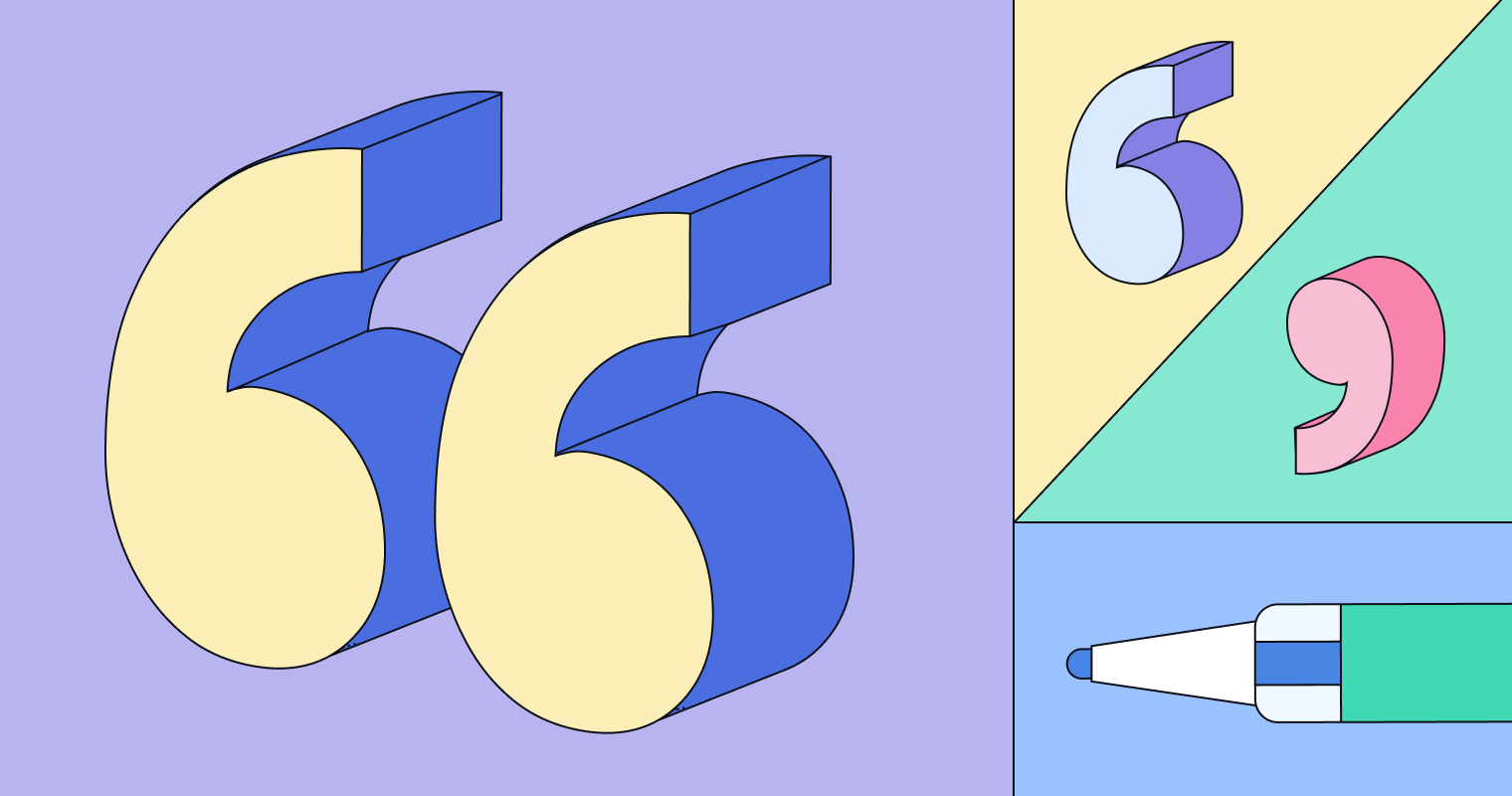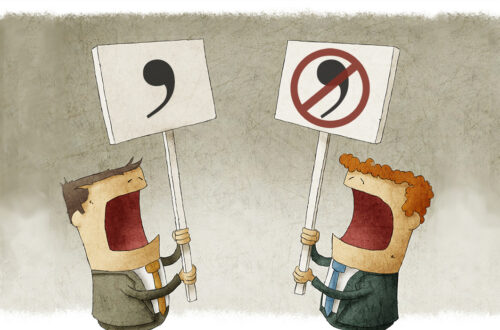Welcome to Part Two of this two-part series on the ‘Use—and Non-Use—of Dashes and Hyphens’. Part One delineated the myriad of functions served by the various dashes. Part Two faces a greater task, for the hyphen, though marvellous, serves as much as a mark of punctuation as it does a subject of contradiction.
The Hyphen
‘There are few firm rules dealing with the use of the hyphen, and dictionaries are often in disagreement.’
–Style Manual (2002, p. 88)
The Style Guide follows this revelation (apocalyptic for any grammarian) by stating that ‘the main concern should be to retain consistency in hyphenation throughout a document … choose one dictionary and stick to its hyphenation practices’ (p. 88). Not exactly salvation, but enough to build upon.
Background to Hyphen Use
The hyphen joins words together; it makes one word of two (or more) and is thus essential for complex and compound words—the sheer amount and variety of which will become evident further on.
The hyphen is less influential in the United States (attributed to the dominance of the Oxford Dictionary), while enjoying widespread use in Britain (Macquarie Dictionary’s doing, which remains popular in Britain despite being the official reference for Australian English). Australia, enjoying the best of both worlds, takes the middle road in employing the hyphen.
As a general rule, in addition to the consistency of use advocated by the Style Manual, use hyphens sparingly, for they are, by definition, used for a term that a writer has failed to trim—pre-email, for example.
Evolution of Hyphenated Words
Within the wider process of the evolution of language, the introduction of new words (and thus new compound words) undergoes the following stages:
Figure 1: The Evolution of a Compound Word
The digital age provides us with numerous examples: electronic mail, e-mail, email; on line, on-line, online; coffee house, coffee-house, coffeehouse. Typically, a word in common usage will discard its hyphen: cooperate, microeconomics and email—all were once hyphenated, and ‘email’ continues to appear as ‘e-mail’ in all but the most recent dictionaries.
Common Uses
Hyphens can split a word at the end of a line, but the advent of computers has rendered this largely unnecessary except for the purposes of aesthetics in printed works.
Instead, the hyphen finds its most common use in complex and compound words—prefixes, suffixes, compound nouns, compound adjectives and compound verbs and adverbs.
Compound words consist of two or more words that together create a new meaning. There are three types:
- Open (or spaced) compounds, written as separate words (e.g. printing press, car wash, or chief of staff)
- Hyphenated compounds, wherein separate words are linked with a hyphen (e.g. eye-opener, check-in, free-for-all, mass-produced, or non-English-speaking)
- Closed (or solid) compounds, written as a single word (e.g. lifestyle, bookstore, birthrate, or notebook)
Compounds can also be considered either ‘permanent’ (as far as that term can be applied to the ever-evolving English language) or ‘temporary’; they have either found their way into general vocabulary, or they have been created for a specific (often one-time) purpose (e.g. dictionary-wielding, impeachment hound). Although the latter may one day become permanent, they are for the time being informal and ‘unofficial’ as far as language is concerned.
The rules for the hyphen are so extensive that separate blog articles are needed to discuss hyphen use in each particular instance. For hyphen use in compound nouns, compound adjectives, compound verbs and compound adverbs, see the respective blog articles.
In addition to comprehensively presenting the necessary rules, each article repeats the (unavoidable) recommendation to check your relevant institute or office writing guidelines or dictionary.
Using Hyphens
John Benbow, former editor of the Oxford University Press Style Guide, is widely quoted as commenting that ‘if you take hyphens seriously, you will surely go mad’. I disagree. While I jested at the beginning of this article of a virtual lawlessness of post-apocalyptic proportions vis-à-vis hyphen use, there are firm rules in place. These rules are heavily dependent on the rules underpinning English grammar itself.
‘Grown up’, for example, is a phrasal verb (a past participle, to be precise) that does not take a hyphen, but it does take a hyphen when used as a noun or an adjective—‘all the grown-ups [noun] are in the other room’, and ‘I need to hold a grown-up’s [adjective] hand when feeding the cat’.
In order to determine whether ‘grown ups’ should be hyphenated, it is necessary to know what form it is appearing in, and, indeed, what these forms are. Appropriate knowledge of nouns, adjectives, verbs, adverbs—the building blocks of written and spoken English—is essential if one is to properly employ the hyphen in their work.
The main consideration, however, is consistency; if you use co-operate, then you must use co-ordinate. Pick one style guide or dictionary to guide you, being cognisant of the mandated or dominant dictionary or style in your institution or geographic region. Ultimately, hyphens serve the purpose helping readers decipher sentences; joining words and clarifying meaning are all subsets of this. Employ hyphens with this purpose in mind.




